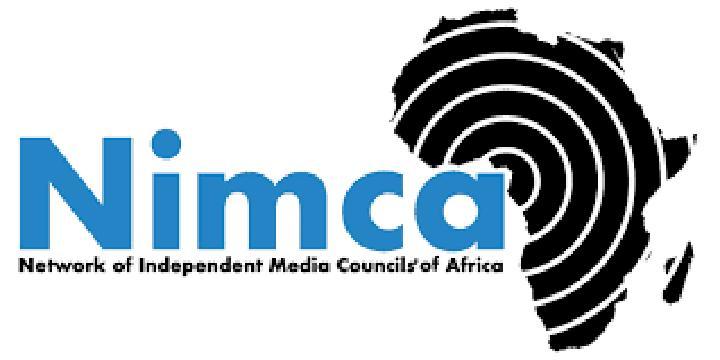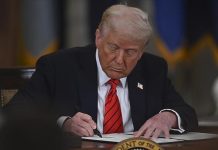Africa-Press – Tanzania. DELEGATES from 13 members of the Network of Independent Media Councils of Africa (NIMCA) have called on African governments to repeal laws that criminalise defamation, sedition, and the publication of false information, and to adopt legislative and policy frameworks that strengthen independent journalism and freedom of expression.
The call was made in Arusha during the inaugural NIMCA Annual General Meeting, which also called on African countries to support media and information literacy and promote the safety of journalists.
The inaugural Annual General Meeting (AGM) of the NIMCA was convened in Arusha, Tanzania, from 14 to 16 July 2025 under the theme: Advancing Media and Communication Regulations for Journalism Excellence in Africa.
The gathering brought together 13 NIMCA media councils, as well as other journalism and media bodies, policymakers, civil society actors, academics, editors, and international development partners from across Africa and beyond.
Participants reaffirmed the centrality of self- and co-regulation in ensuring professional, ethical journalism that is credible, independent, and accountable to the public.
They aligned themselves with the Declaration of Principles on Freedom of Expression and Access to Information in Africa, adopted by the African Commission on Human and Peoples’ Rights in 2019, which mandates states to create enabling regulatory environments and encourages self-regulation that is impartial, inclusive, and cost-effective.
Recognising the rapidly evolving digital ecosystem, delegates expressed concern about the growing spread of misinformation and disinformation, algorithmic bias, and opaque platform practices. They endorsed UNESCO’s Guidelines for the Governance of Digital Platforms and the ACHPR’s three resolutions on developing African digital rights guidelines for freedom of expression, access to information, and information integrity, focusing on issues such as the accountability of technology platforms, fact checking, information integrity, public service content in the digital age and access to data.
The meeting called for a continental approach to digital governance that is rooted in African realities, prioritizes freedom of expression, and embeds safeguards to uphold public trust and media integrity.
The AGM marked a significant milestone in the institutionalization of NIMCA, following its formation in Cape Town in May 2024.
NIMCA also launched its website and endorsed a strategic programme of action aimed at strengthening independent media regulation across the continent.
In retrospect, the delegates noted the increasing use of artificial intelligence (AI) in content creation and news curation, highlighting the ethical challenges this presents for accuracy, transparency, and editorial independence. It called for the establishment of regulatory guardrails and newsroom-level practices that uphold journalistic standards while fostering innovation.
For More News And Analysis About Tanzania Follow Africa-Press







